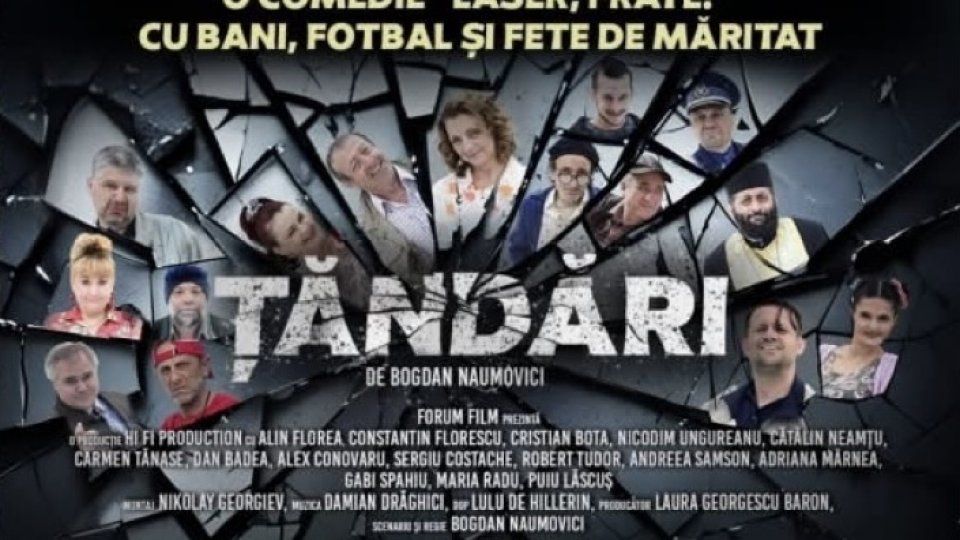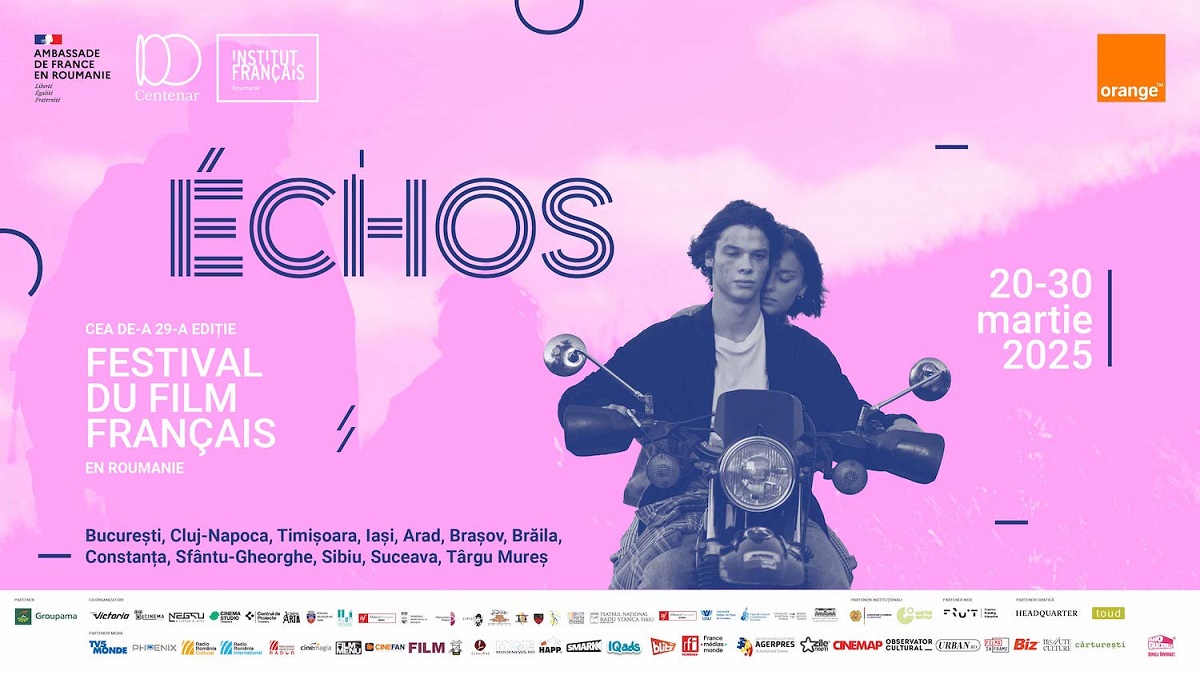National Radio Theatre productions were in competition for Prix Italia award
A talk with Ilinca Stihi, who directed one of the Romanian shows in competition.

Corina Sabău, 08.10.2022, 14:00
Two National Radio Theatre productions, The 1960s by Ema Stere and directed by Mihnea Chelaru and Solaris based on Stanisław Lem and adapted and staged by Ilinca Stihi were in the Radio Drama competition for the prestigious Prix Italia award dedicated to media productions. This year’s competition saw a record number of 321 entries in the three categories, radio, tv and web, of which 94 in the radio section, from 83 public radio stations from 50 different countries around the world.
Ilinca Stihi, the creator of Solaris, based on Stanisław Lem, studied film directing at the Bucharest theatre and film academy and has been working for the Romanian Radio Broadcasting Corporation since 2005. In 2013, together with Atila Vizauer, the editor-in-chief of the drama department, and Mihnea Chelaru, a sound engineer with this department, she initiated Grand Prix Nova, Romania’s first independent radio drama festival. She is the winner of 7 international awards and of the Romanian Theatre Union award for best radio drama production in 2013. She was on the jury at the International Radio Festival in New York in 2013 and president of the radio drama jury of the Prix Marulic Festival in Croatia in 2014.
A director and script writer, she creates the entire show, even when working with an existing script, doing everything, from the script to sound post-production, to the depth of the layers of sound. She often uses literary sources as a pretext for a reinterpretation that retains the initial themes, but which goes beyond the frames of the original text, as if part of an intricate architecture of sound, is how critic Oana Cristea Grigorescu described Ilinca Stihi.
In choosing the theme of her radio plays, Stihi says she is interested in topical subjects:
Solaris was an encounter I did not dare hope for. Everyone knows Andrei Tarkovsky’s masterpiece, the film Solaris. Many are also perhaps familiar with Stanisław Lem’s novel, an extraordinarily complex work which mainly speaks of the human condition, despite being a work of science fiction. I have to say that for a while I didn’t dare approach it. It’s very difficult to come up with your own version when great artists have already expressed their visions about this story. But then I got a proposal from the Polish Institute, via the producer of the play, Oana Cristea Grigorescu, and I thought about their invitation, I took it as a sign, I thought it was worth a try.
Indeed, the encounter, or rather the re-encounter, with Solaris after the difficult experience of the pandemic was of great impact. Ilinca Stihi: “To me Solaris is a story of seclusion, because is about people blocked on a spaceship, in a non-human universe, who are forced to reflect on their condition. We were somehow in a similar situation almost two years, and I thought it was important to think about what we lived, to try to discover, beyond the historical meaning, the meaning that this event had in our lives. This is the starting idea of Solaris. I tried to create a free adaptation and took the liberty to write a part of it myself. A contemporary part, a part linked to the present, adding to the novels complex message and the spectacular descriptions, some of them cited by me in the radio drama. This is how the Solaris project took shape and then developed beautifully, due to the collaboration with composer Cristian Lolea, who signs the original music, and with sound designer Tom Brandus. I translated the fragments from the novel together with Sabra Daici. The novel had been translated in the 1990s, in a manned that now sounds somehow old, given the huge advance of technology in the past 20 years. I hope we managed to create not only a coherent but also an expressive universe of the present moment. I would like to mention that the show is aimed to be also accessible to those who are not familiar with the text of Stanislaw Lem.
The cast includes Tudor Aron Istodor, Mădălina Anea, Emilian Oprea, Gabriel Costin, Radu Bânzaru, Marcela Roibu and Costin Toma Dârțu. Its producers are Radio România and the Polish Institute in Bucharest, in partnership with Romanias National Museum of Art.
Ilinca Stihi also told us about the importance of the selection to Prix Italia: Prix Italia is the oldest radio festival in Europe and the world, because Europe has the longest tradition in this respect. It is a great honor and joy to join colleagues from all over the world who present their work and listen to each other. To us, who are passionate about radio drama, the great joy of these festivals is the fact that we can listen to each others work and exchange ideas and perspectives at a time when sound art is revived all across Europe. We all know that podcasts and everything related to sound enjoy record audiences online, so everybody is trying to find new ways to communicate with the listeners.
The 1960s by Ema Stere, directed by Mihnea Chelaru and Solaris after Stanisław Lem, adapted and directed by Ilinca Stihi, the two radio dramas selected in the official competition of Prix Italia, can be listened to on the platform e-teatru.ro.





























